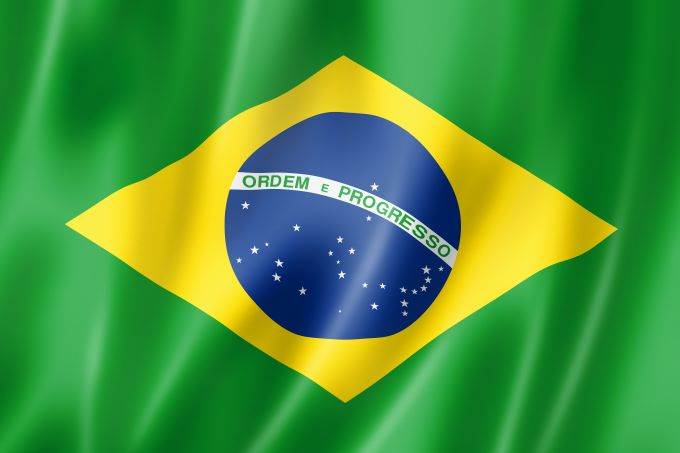Last week, the Brazilian Real grew 3.67 percent against the Greenback, advancing for the second week in a row.
An increasing appetite for risk has been favoring the Brazilian currency, despite the pressures the country is currently facing. Other factors that may be favoring the performance of this currency is the fact that Brazil decided not to shut down its economy and the questions regarding the US economic health in light of the most recent data, which has been pushing down the US dollar.
 At the moment, Brazil is the most affected country in Latin America and the second most affected in the world (only behind the United States) by the Covid-19 pandemic, with 499,966 infected individuals and a death toll of 28,849.
At the moment, Brazil is the most affected country in Latin America and the second most affected in the world (only behind the United States) by the Covid-19 pandemic, with 499,966 infected individuals and a death toll of 28,849.
The Brazilian government was already famous for behaving in a way that many considered "irresponsible" and "negligent", since it has been denying the gravity of the outbreak and has chosen not to impose a quarantine. This created a lot of friction between the central government and several mayors, governors, and even members of Bolsonaro's own cabinet, which favored the idea of following the path that was imposed to the rest of the world. At the moment, Bolsonaro's government is blaming mayors, governors and the media, while justifying its decision not to impose a lockdown.
“Most of the media has been countervailing. The perfect scenario to be used by the media to spread hysteria,” said Bolsonaro last week during a speech to the nation.
Since the pandemic began, two different health ministers have left their posts, mainly due to strong disagreements between them and Bolsonaro's government, which is being accused of putting its ideological concerns and interests over the well-being of the general population. The first one, Luiz Mandetta, was fired by Bolsonaro after disagreeing over social isolation measures, while the second one, Nelson Teich, also showed disagreement towards Bolsonaro's approach towards the quarantine and the use of chloroquine to treat the illness, which led to his abrupt resignation on May 15.
Nevertheless, traders and investors are now favoring the Brazilian currency, which has been one of the most affected emerging currencies since the beginning of the year. The different world economies are now reopening or planning to reopen, as an attempt to come back to normalcy after a couple of months of lockdown, which has dragged the performance of the global economy. This fact has renovated the enthusiasm for riskier assets, among them emergent currencies. The Brazilian Real also has an edge over other emergent currencies, given the fact that Brazil decided not to shut down the economy.
In any case, the markets are now paying attention carefully to how the situation in this South American country evolves. Despite the "advantages" the country is enjoying for choosing not to shut down its economy, Brazil's GDP fell 1.5 percent in the first quarter and the number of unemployed individuals increased significantly to 12.8 million. Goldman Sachs expects the Brazilian economy to contract by 7.6 percent this year.
“We expect Brazil to experience a sharp contraction of activity in 2020, concentrated in the first half of 2020, which is likely to lead to a significant further deterioration of the already weak labor market,” said an analyst at Goldman Sachs.
Regarding the advance of the pandemic in the Latin American country, the future remains uncertain. At the moment the country is reporting a record increase in infections and there are doubts about the government's estimated death toll, which seems to be too low taking into account the data from other Latin American countries.
